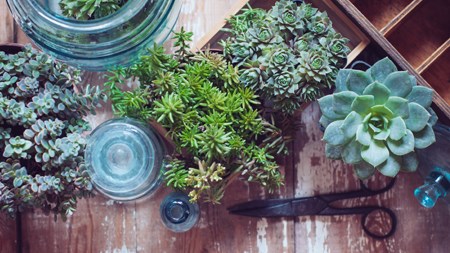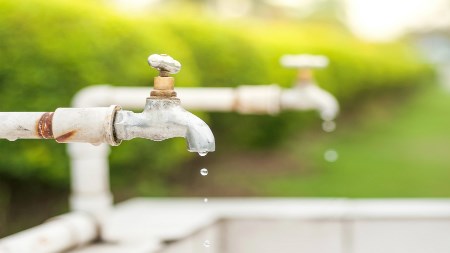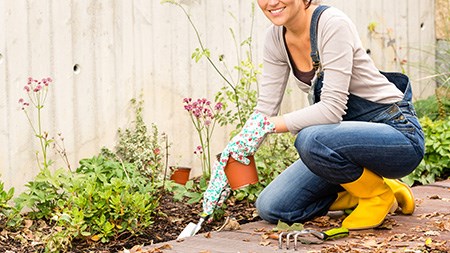As the governments were forced to restrict water usage, and with us not knowing what we could face in 2016, it is time to adopt alternative solutions as we did with solar power earlier this year.
The year of 2015 taught us not to take anything for granted. With loadshedding becoming part of our everyday planning, and the more recent drought and water shortage we faced, it is definitely the time to look towards the future and to ensure that we are prepared.
Water is a precious natural resource and we all use it on a daily basis. Water conservation needs to be a way of life and not just something we think about when we are forced to. If we all try and save a little water, we can make a huge difference for the environment and the generations that follow. Although doing your bit around the house by checking for dripping taps or water leakages is of the utmost importance, it is perhaps time to broaden our focus and investigate systems which could make a drastic and immediate difference.
Adding alternative water preservation systems to your home will not only guarantee you a quality life in future, but also a insure return on investment increasing your home’s market value
noted Craig Hutchison, CEO of Engel & Völkers Southern Africa.
Invader plants and trees
With recent changes in the property law, regulations stipulate that when there is a change of ownership, the seller must disclose to the buyer, in writing, prior to the conclusion of a sale whether there are alien and invasive species on the property. The buyer also has an obligation, however, as soon as he becomes the new owner, to obtain a permit in his own name for any alien plant species on his property. The CARA regulations refer to 198 invasive alien plants, to find a full list of band species use this helpful website: www.sanbi.org
Greywater
Greywater is an alternative water source, and is defined as the “waste” water generated from showers, baths, bathroom basins and from the washing machine. If this greywater is properly treated it can be recycled and re-used again and again. Greywater is channelled into big containers with a filtration system on the outside of your home. Greywater does not include water from the toilets, kitchen / scullery sinks or dishwasher. This water is classified as black water, which is un-recyclable.
“The installation of a greywater harvesting system is best handled by a professional. JoJo Tanks have a list of preferred suppliers on their website: www.jojotanks.co.za” said Grant Neser, Managing Director, JoJo Tanks.
Redwater
Another form would come from your hot water source in your house. It takes time for the hot water to travel through pipes and for hot water to flow through the tap. While you are not using the hot water tap, the water in the pipes cool down. The next time you need hot water again, this cool water needs to be pushed through the pipes and is washed down the drain before the hot water arrives. This is commonly known as red water. This cool water can be saved by installing a Redwater Diverter which automatically diverts the cool water. This cool water can be reverted to either a rainwater tank, a header tank in the roof to flush the toilets, to the garden or to top up the swimming pool.
Rainwater harvesting
Collecting and storing rainwater for later use is an ancient practice. It is still used in many rural places throughout the world, and today it is making a comeback in urban centres as an additional source of water. At its simplest, rainwater harvesting consists of a rain barrel placed under the downspout of your home to collect rainwater for garden irrigation. Larger, more sophisticated, systems can be incorporated into your home’s plumbing system to provide water for a variety of household needs, from toilet flushing to laundry, and even drinking water.



